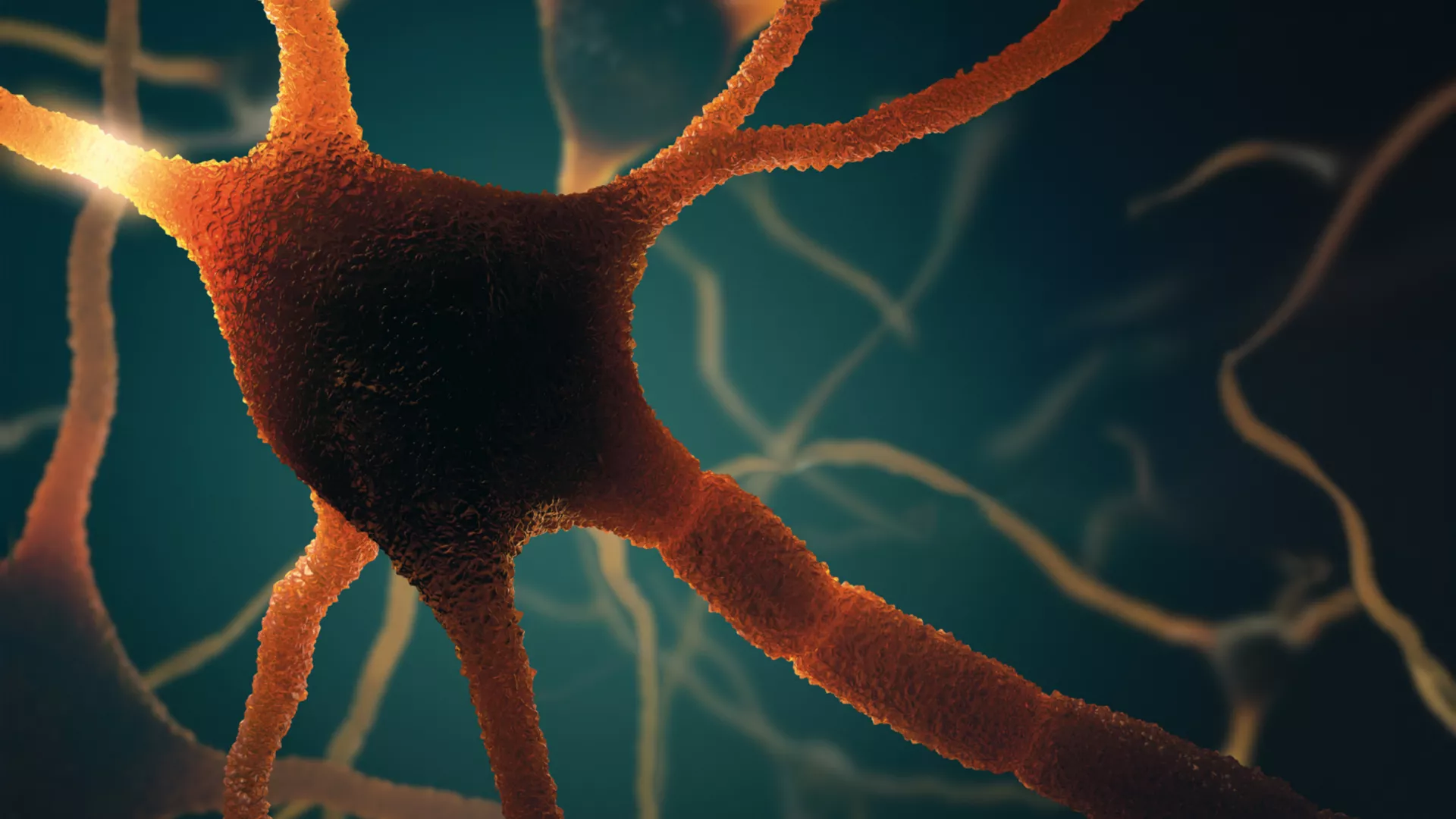Depression among individuals with Alzheimer’s disease (AD) dementia is increasingly recognized as a major public health issue due to its high prevalence and significant effects on patient health outcomes. Recent studies indicate that nearly 40% of Alzheimer’s patients experience depressive symptoms, which can worsen cognitive decline and overall quality of life.
Despite extensive research over the past few decades, the specific mechanisms linking depression and Alzheimer’s disease remain poorly defined. This narrative review explores the complex interactions between these two conditions, focusing on shared neurobiological pathways. Key factors include neurotransmitter dysregulation, neuroinflammation, irregularities in the hypothalamic-pituitary-adrenal (HPA) axis, and impairments in neuroplasticity. These biological processes contribute to the progression of neurodegeneration in Alzheimer’s and can trigger or exacerbate depressive symptoms in affected individuals.
Current treatment approaches for depression in Alzheimer’s patients often lack specificity. Most therapies do not target the unique biological features of depression in the context of Alzheimer’s disease, leading to suboptimal outcomes. While some progress has been made in understanding these interactions, significant research gaps persist.
Future studies should aim to identify specific biomarkers associated with depression in Alzheimer’s disease. Developing personalized treatment strategies that reflect the neurobiological profiles of both conditions could lead to more effective interventions. By targeting these underlying mechanisms, healthcare providers can improve patient outcomes and advance clinical care for those suffering from this dual pathology.
Furthermore, integrating mental health support in Alzheimer’s care can help alleviate depressive symptoms, potentially slowing cognitive decline and enhancing the quality of life for patients. As research continues to evolve, addressing the intersection of depression and Alzheimer’s disease will be critical in developing effective treatment plans.



